There is one stand out, do-or-die endurance practice that everyone – amateur to athlete – needs to master if they really want to go out there and own it. Nutrition.
What is endurance?
Everyone has their own idea of what ‘endurance’ means in sport.
For some, jogging 10km in under an hour is considered endurance. While others may look to marathons as the answer to this conundrum.
So we thought we’d find some middle-ground…
According to Gym Jones — who have trained film stars, professional athletes and the military, and were founded by record breaking alpinist Mark Twight — the definition of endurance or The Art of Suffering, is 90 minutes or more at a sustained effort.

READ MORE:
No pain, no gain: 5 tenacious endurance challenges in Europe
Meat-free meal ideas for fast recovery
Fabien Antolinos: “Never stop and never give up.”
Proper preparation (prevents poor performance)
What should you be consuming before endurance exercise?
The objective of pre-exercise endurance nutrition is to maintain sufficient levels of blood glucose in order to ‘spare’ or reduce breakdown of energy in the body.
Alongside the recommended half a litre of fluid you should be drinking 1 to 2 hours before you get motoring, the pre-exercise period can also be broken down into three timeframes: days, hours and less than 60 minutes before exercise…
Days before exercise (AKA carb loading):
Several strategies have been popularised in order to maximise energy storage before an exercise bout. The most popular being carbohydrate loading. This technique is proven to cause above-normal storage of energy, or supercompensation. (1)
While carb loading has no effect on exercise lasting less than 90 minutes — with the exception of intermittent, high-intensity exercise — this is a tried and tested strategy with top athletes and can help to stave off fatigue. (2)
Recommended foods include:
- Bananas
- Berries
- Brown Rice
- Low fat yoghurt
- Oatmeal
- Wholegrain bread
- Whole Wheat pasta
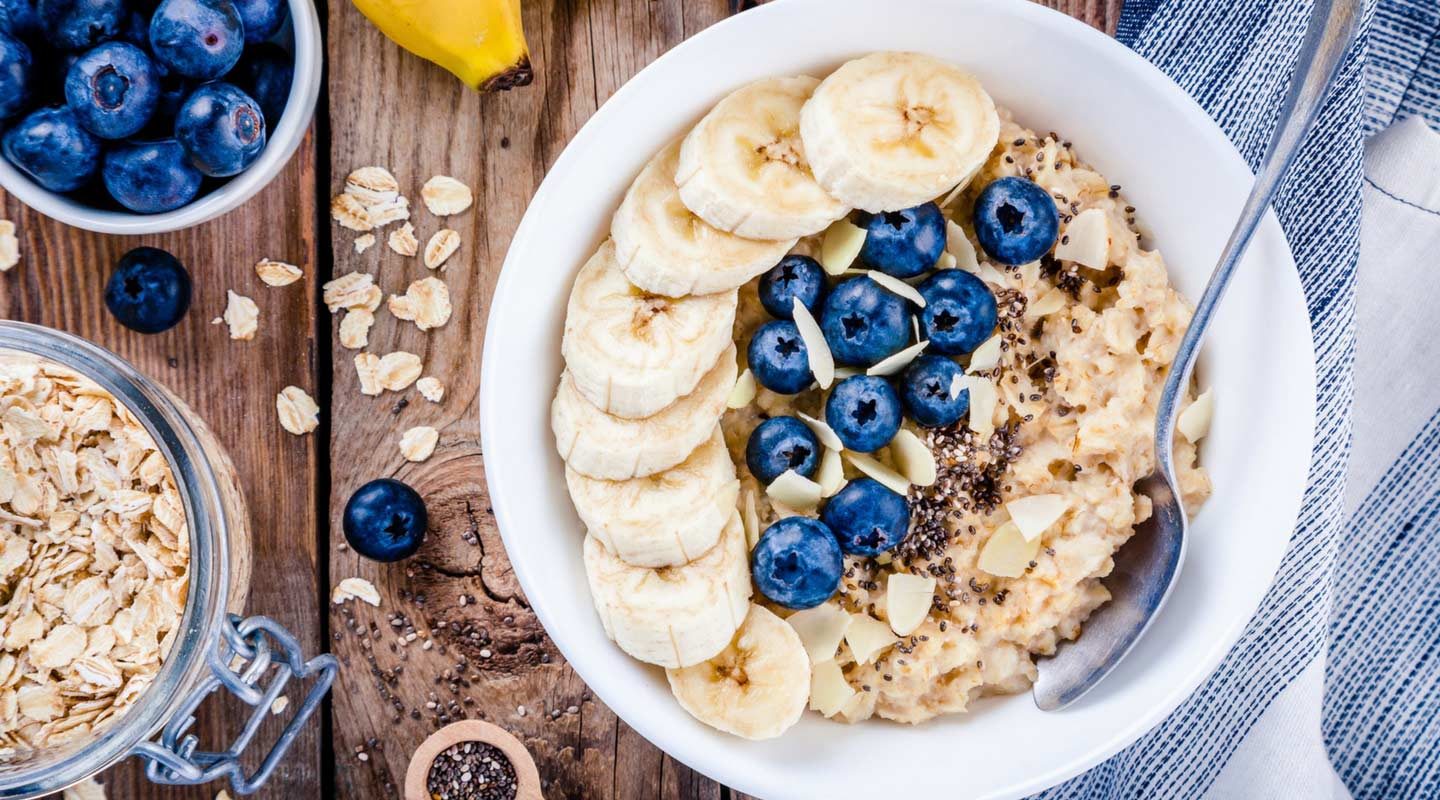
A few hours before exercise:
Research suggests that a large portion of carbohydrates (around 300g) need to be ingested a few hours before exercise — if consuming carbohydrates during exercise is not feasible.
The glycaemic index (GI) of the carb source does not matter. Eat what you enjoy!
Less than 60 minutes before exercise:
Many people train in the early hours before work, and eating a meal prior to morning exercise is far from practical. In this instance, it’s recommended that you consume a small portion of carbohydrate, ideally ingested in the form of a powder (that you can mix with a protein shake) or carbohydrate tablets for fast digestion.
Maintaining momentum
What should you be consuming during endurance exercise?
The objectives of during-exercise endurance nutrition are the same as pre-exercise – to maintain sufficient levels of blood glucose in order to ‘spare’ or reduce unneeded loss of energy.
For exercise lasting more than 90 minutes it’s recommended that you consume a moderate portion of carbohydrate per hour of exercise in the form of a sports drink or carb gel. (3)
Be sure to experiment with energy gels during your training too – don’t consume one for the first time during a race or event as they can have adverse gastrointestinal effects (stomach cramps).
Hydration is fundamental
Proper hydration during training or competition will enhance performance, eradicate ensuing thermal stress, delay fatigue, and prevent injuries associated with dehydration and sweat loss.
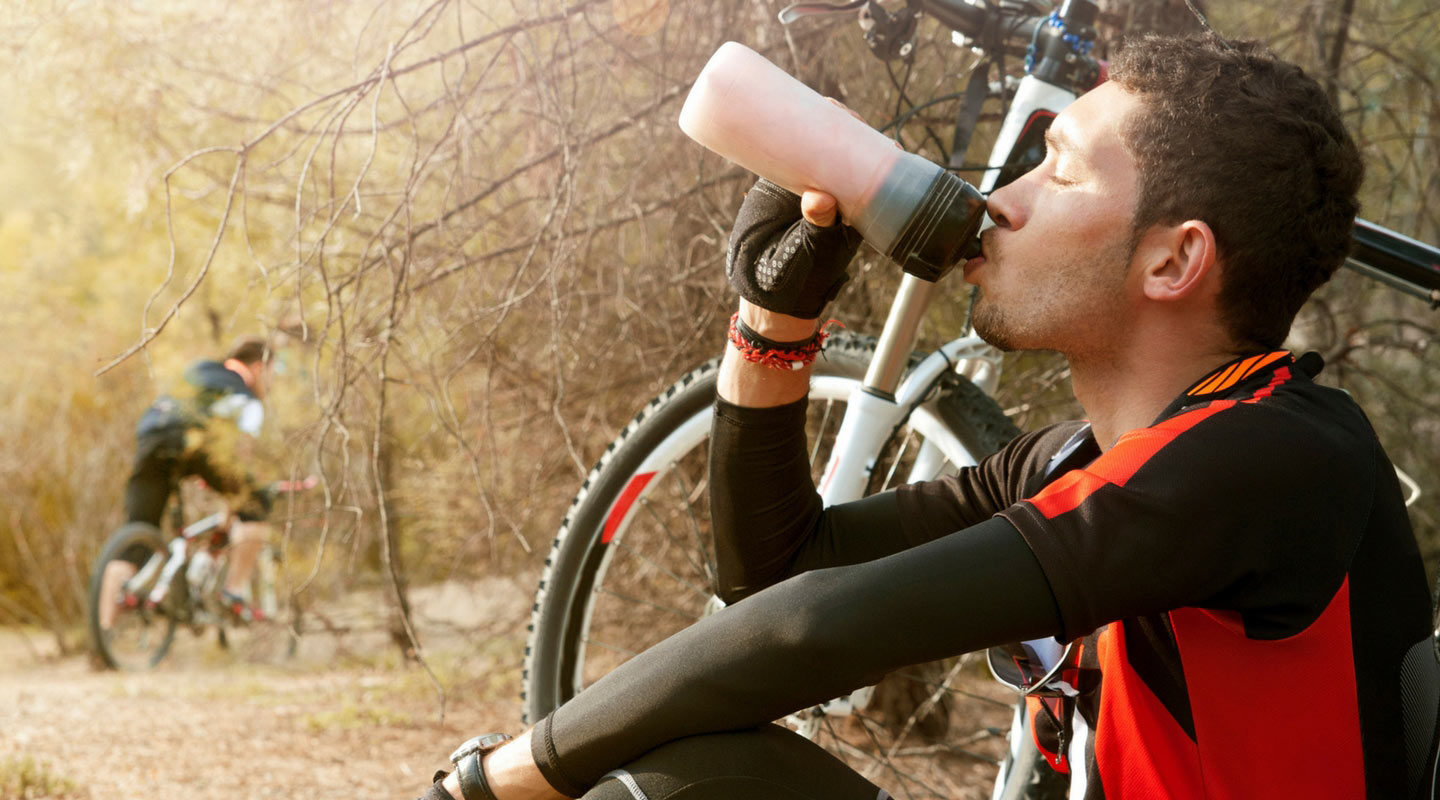
You should continue to consume cool or cold drinks in regular intervals throughout your session to replace fluid loss due to sweat.
For intense, prolonged exercise lasting longer than an hour, you would do well to consume a small serving of carbohydrate mixed with around a litre of a fluid every hour e.g. energy or isotonic sports drinks. (3)
Want more information on this? Check out this paper on fluid replacement.
Maintaining proper hydration before, during, and after training and competition reduces fluid loss and reduces heat stress – which helps to maintain performance levels.
The end is just the beginning
What should you be consuming after endurance exercise?
Nutrient timing is a well-used intake method among both athletes and non-athletes that involves the consumption of foods (primarily protein and carbohydrate) around the exercise bout.
Given that exercised muscles are highly receptive to incoming nutrients, the post-exercise period is often considered the most critical aspect of nutrient timing.
It has been shown that even a modest meal containing a large amount of protein, moderate levels of carbohydrate and fat (the equivalent of a medium-sized bowl of spaghetti bolognese) is still releasing nutrients into the bloodstream at least five hours later. (4) So in reality, as long as a decent pre-exercise meal is consumed within close proximity to the exercise bout, there is no real need to down a protein shake as fast as possible after training. Equally, if you train in a fasted state, a stronger case can be made for the immediate ingestion of protein post-exercise. – Soccer Supplement
For the endurance types, opting for meals containing a moderate portion of medium or high GI carbohydrates, every hour immediately after training, for three to five hours is a good starting point. (Joseph Agu, MSc.)
READ MORE:
No pain, no gain: 5 tenacious endurance challenges in Europe
Meat-free meal ideas for fast recovery
Fabien Antolinos: “Never stop and never give up.”
Top 3 recovery foods
1. Milk
Nature’s answer to an all-in-one recovery product – with added calcium for good bone health to boot! Containing good quality protein and carbohydrates, milk is able to help you replenish muscle glycogen stores and repair damaged muscle tissue following training.
Milk is also an excellent rehydration drink, with one study showing that it can replace water lost through sweat to a greater extent than Powerade or water. (5)
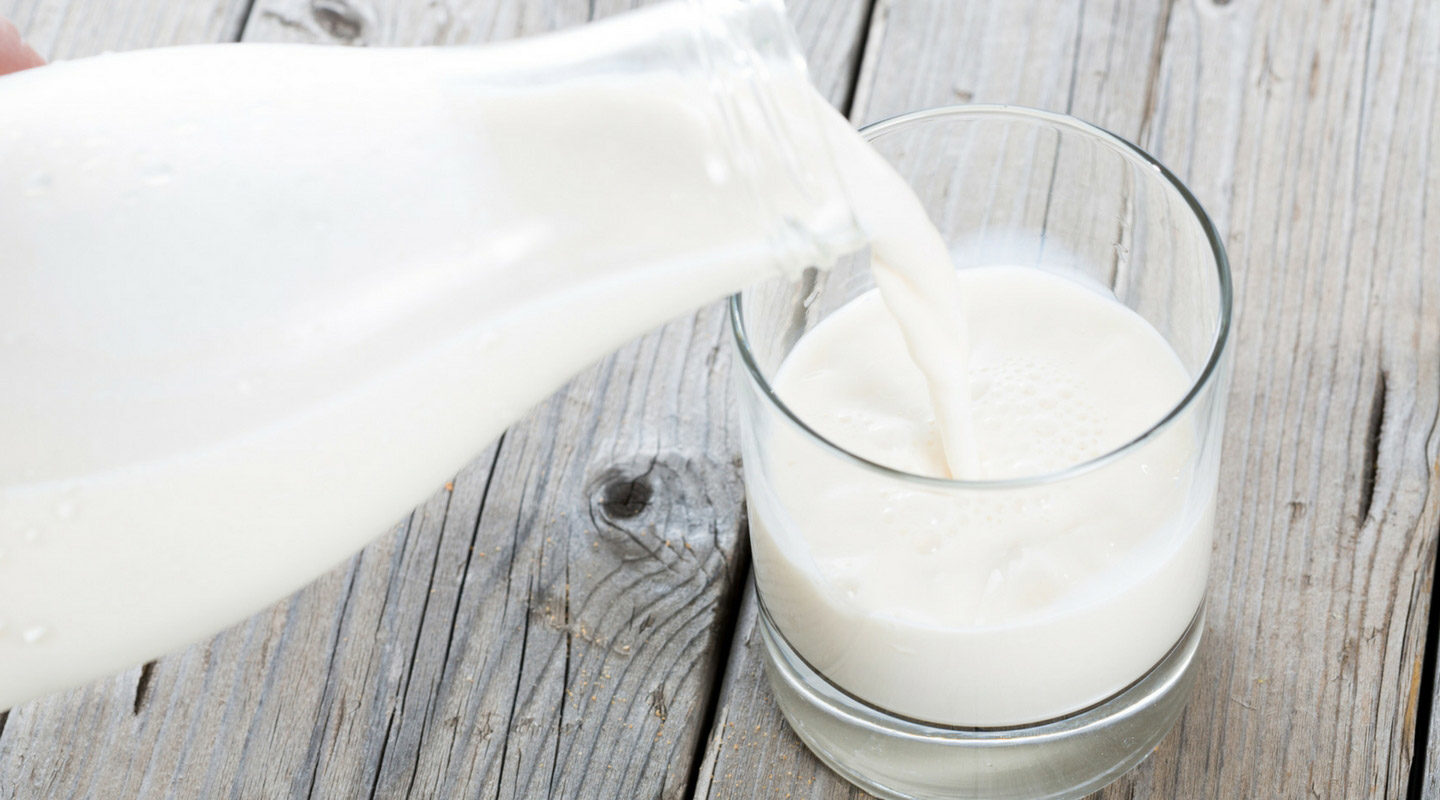
2. White potato
The white potato has taken a backseat in recent years due to the popularity of its sweet cousin. But despite the health halo surrounding sweet potatoes, white potatoes are typically higher in iron, magnesium, phosphorus, potassium, protein and selenium which are important supplements for holistic recovery.
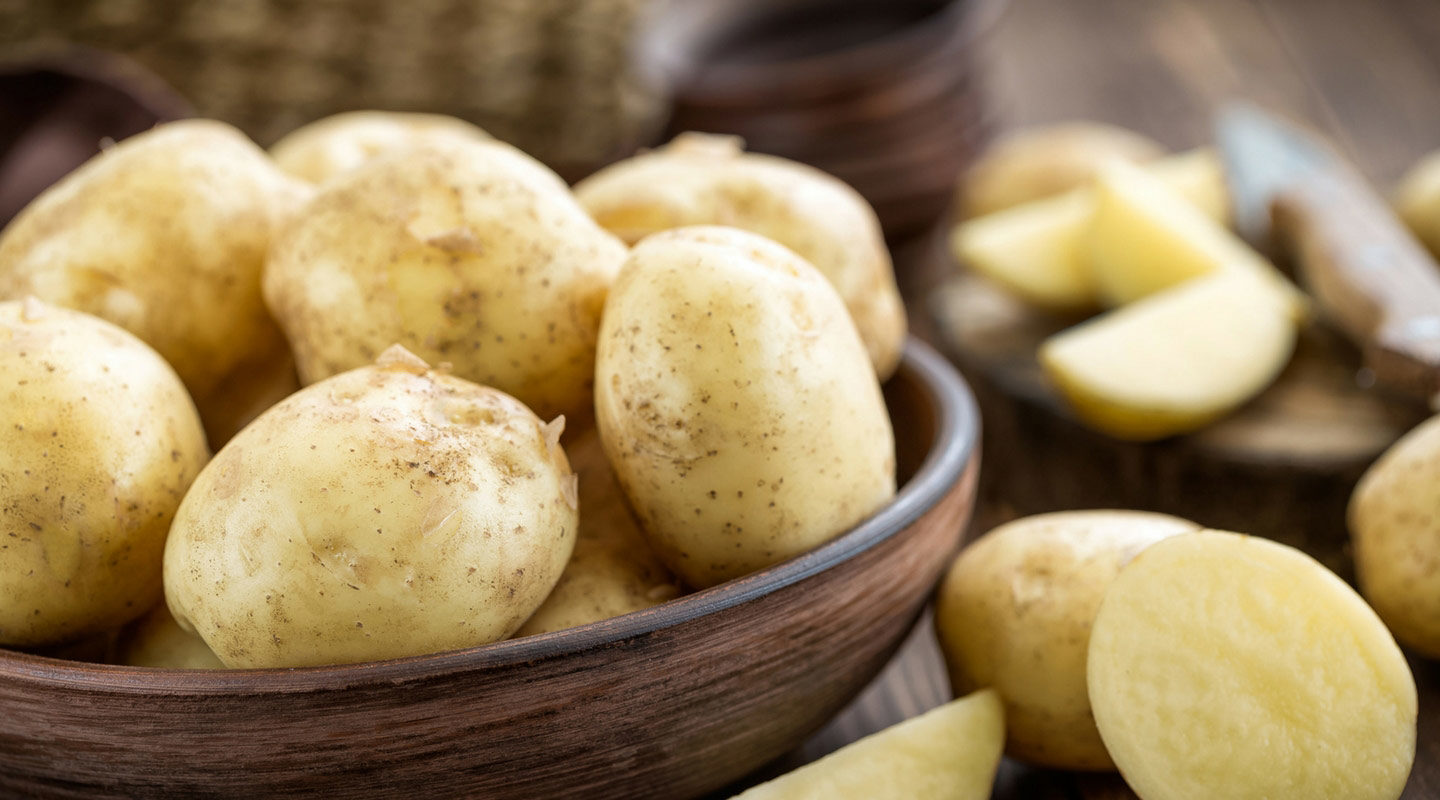
3. Whey protein
Whey protein is one of the two proteins found in milk, with the other being casein protein. Given its cost effectiveness and portability, it is very convenient way to hit targeted daily protein goals.
Owing to its amino acid profile and rapid rate of digestion, whey protein results in a rapid increase in protein synthesis in comparison to whole food protein sources. (6)
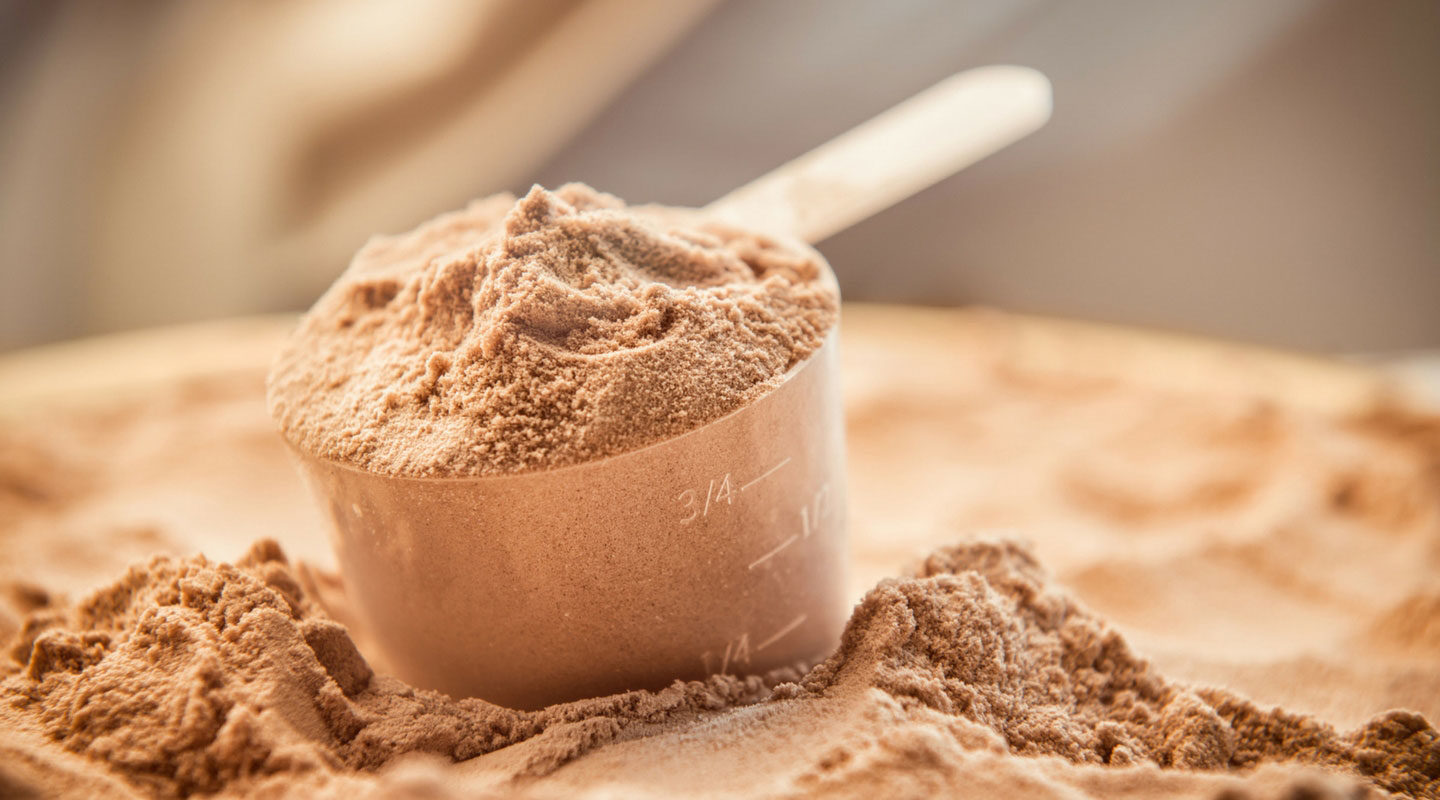
Endure more
If you’re looking to maximise the time you can spend on the trail, on the slopes, in the saddle or wherever you choose to push your body to its outer limits, careful and considered nutritional intake is vital.
Summary:
- Get to know the right types of food and when to eat them. Loading with carbs before you exercise will help you to maintain energy levels and potentially avoid the wall altogether.
- Stay hydrated pre, mid and post workout to keep performance levels up. Water, energy drinks and milk all have their benefits. Carb gel is also a great source of nutrition during long, gruelling sessions – but be sure to find the one that works for you before committing to using one for an event.
- Exercised muscles are highly receptive to incoming nutrients, so don’t miss the opportunity to boost your body after training with a post-workout meal.
Sources:
- Bergström, J., Hermansen, L., Hultman, E., & Saltin, B. (1967). Diet, muscle glycogen and physical performance. Acta Physiologica Scandinavica, 71(2), 140–150.
- Hargreaves, M., Hawley, J. A., & Jeukendrup, A. (2004). Pre-exercise carbohydrate and fat ingestion: effects on metabolism and performance. Journal of Sports Sciences, 22(1), 31–38.
- Jentjens, R. L. P. G., Moseley, L., Waring, R. H., Harding, L. K., & Jeukendrup, A. E. (2004). Oxidation of combined ingestion of glucose and fructose during exercise. Journal of Applied Physiology
- Capaldo, B. et al. Splanchnic and leg substrate exchange after ingestion of a natural mixed meal in humans. Diabetes 48, 958–66 (1999).
- Shirreffs, S. M., Watson, P., & Maughan, R. J. (2007). Milk as an effective post- exercise rehydration drink. The British Journal of Nutrition, 98(1), 173–180
- Tang, J. E., Moore, D. R., Kujbida, G. W., Tarnopolsky, M. A., & Phillips, S. M. (2009). Ingestion of whey hydrolysate, casein, or soy protein isolate: effects on mixed muscle protein synthesis at rest and following resistance exercise in young men. Journal of Applied Physiology, 107(3), 987–992.

